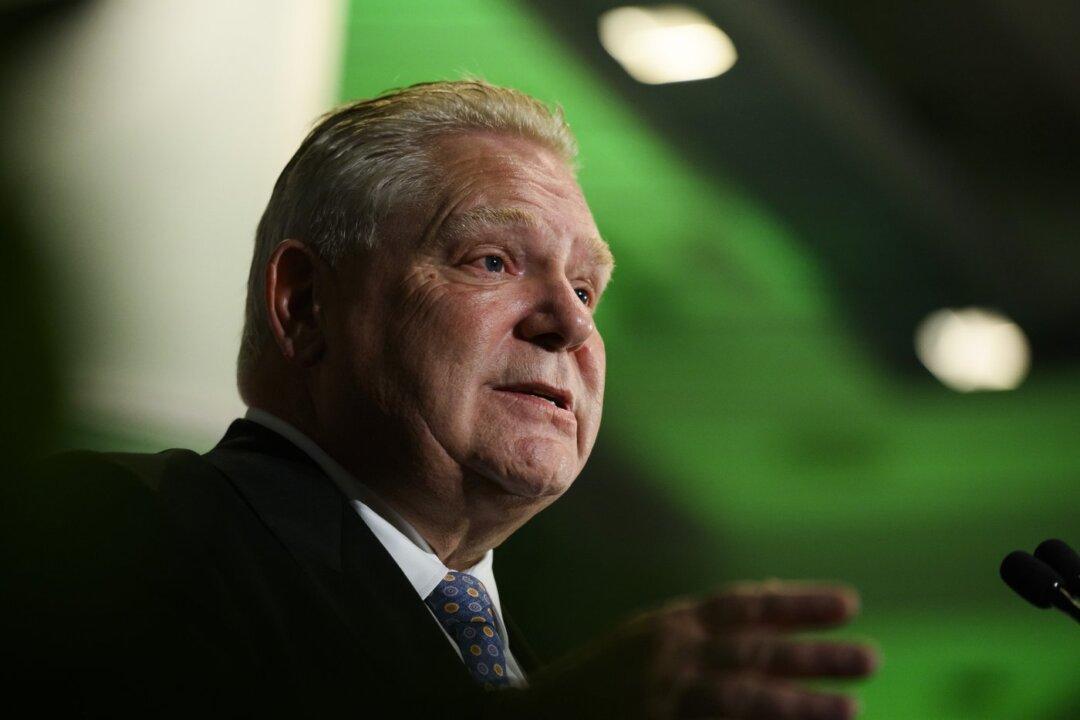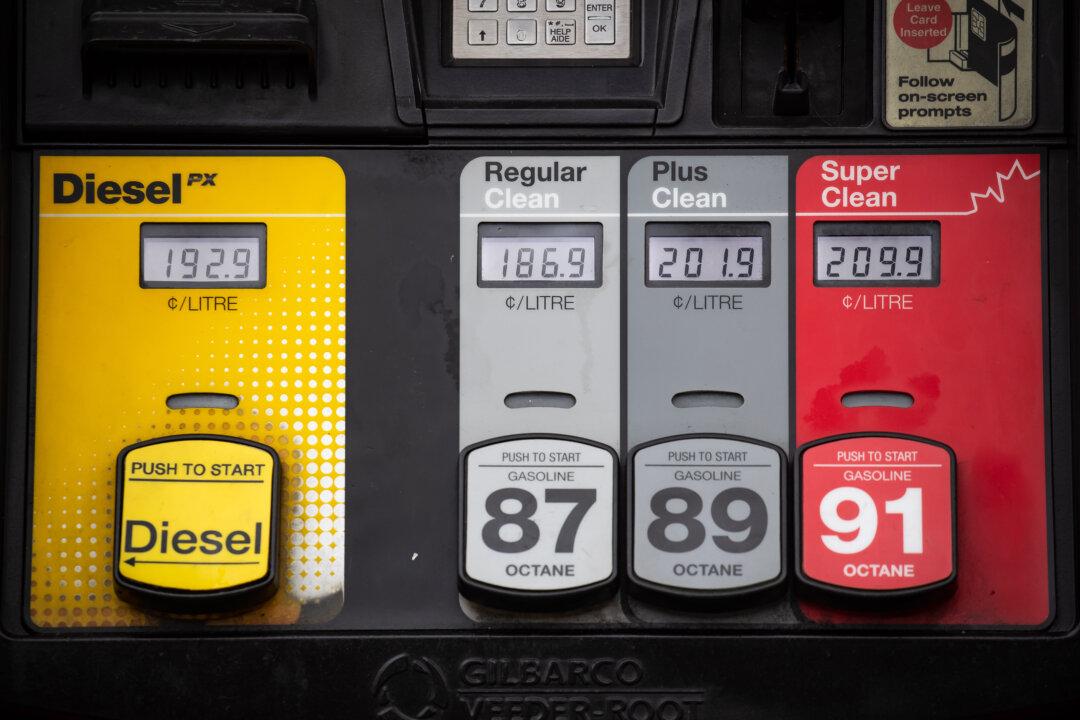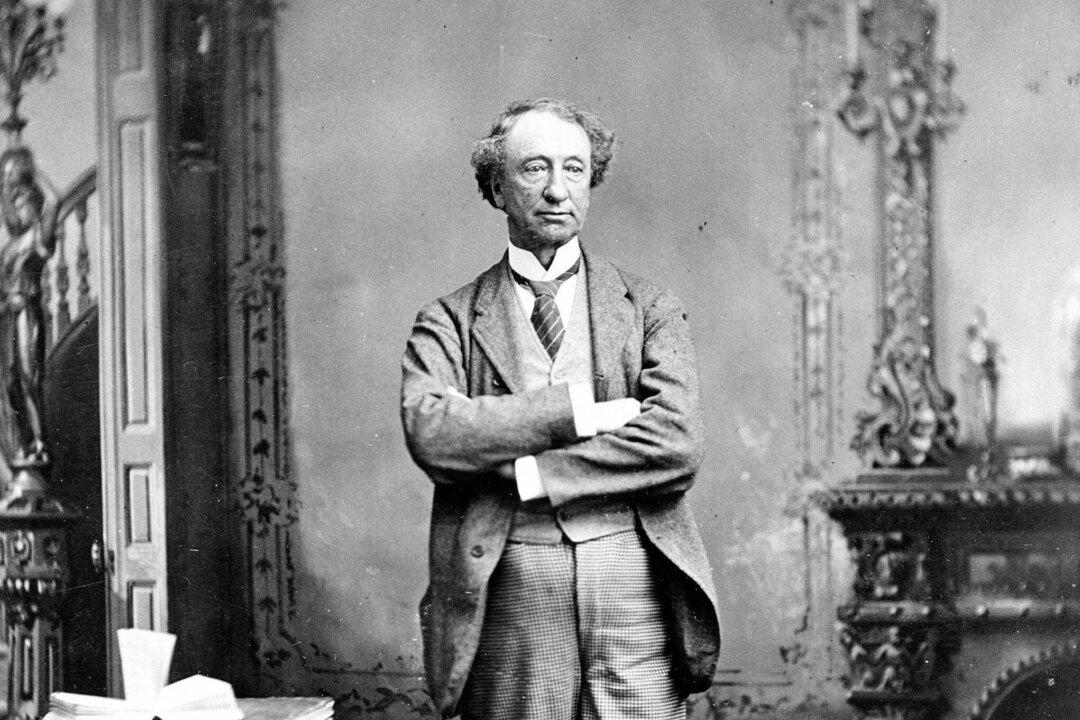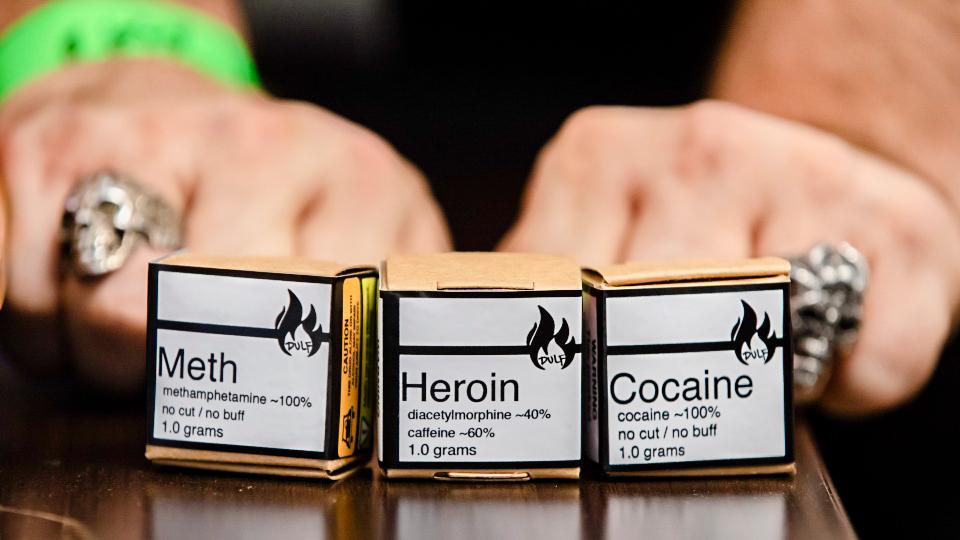Ontario Premier Doug Ford is opposing a City of Toronto proposal to decriminalize the possession of hard drugs, calling the policy of decriminalization a “nightmare” where it has already been put into practice.
The Ontario leader said Monday that the province should be doing more to invest in treatment for drug addicts as well as more investment in mental health. “That’s what we should be doing, not legalizing hard drugs. Like you got to be kidding me. Like letting people do cocaine and crack and heroin.” he said.





